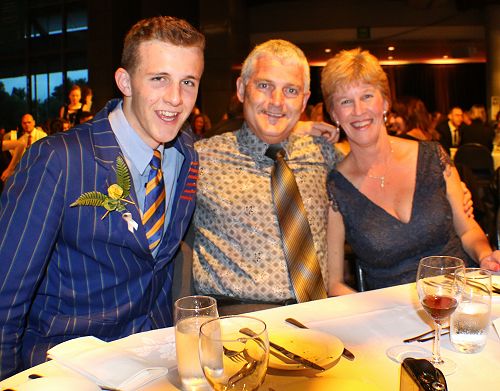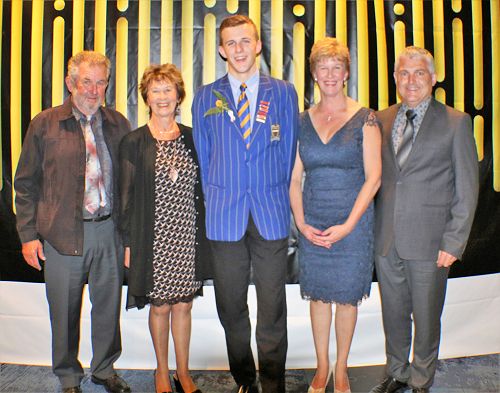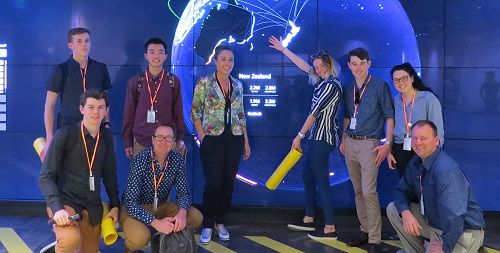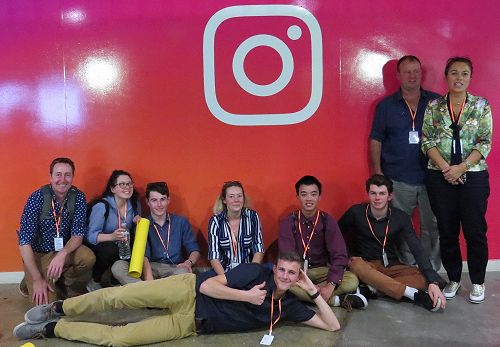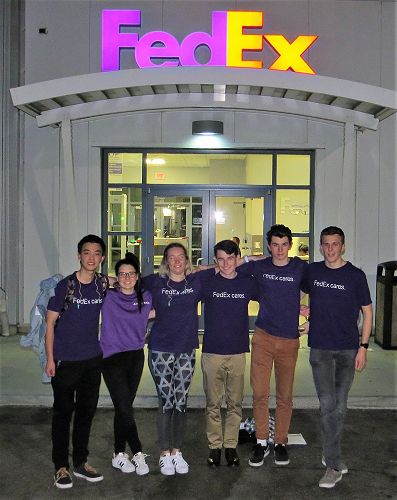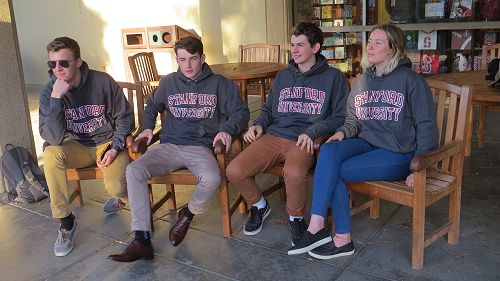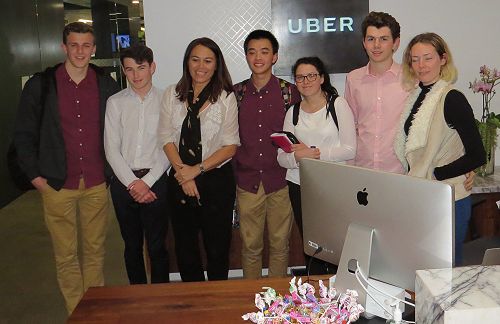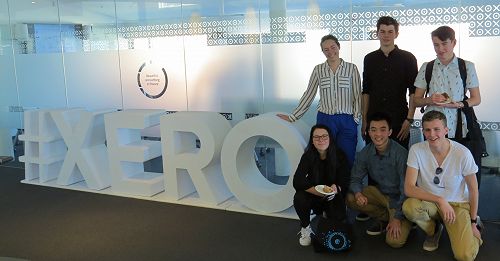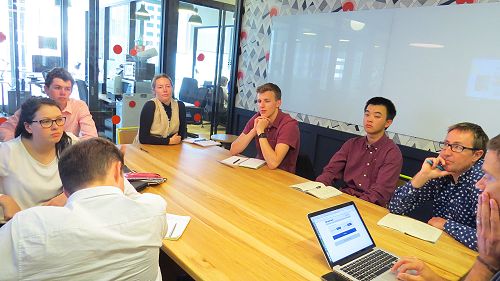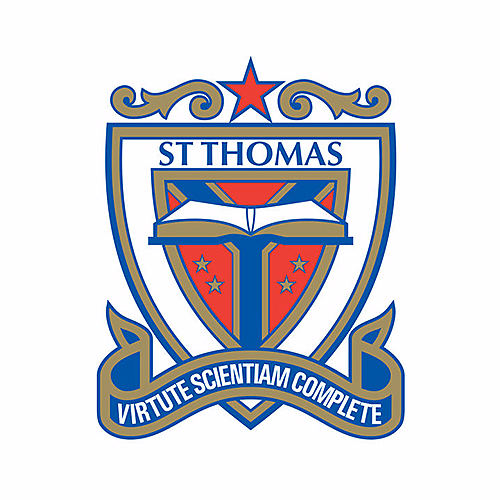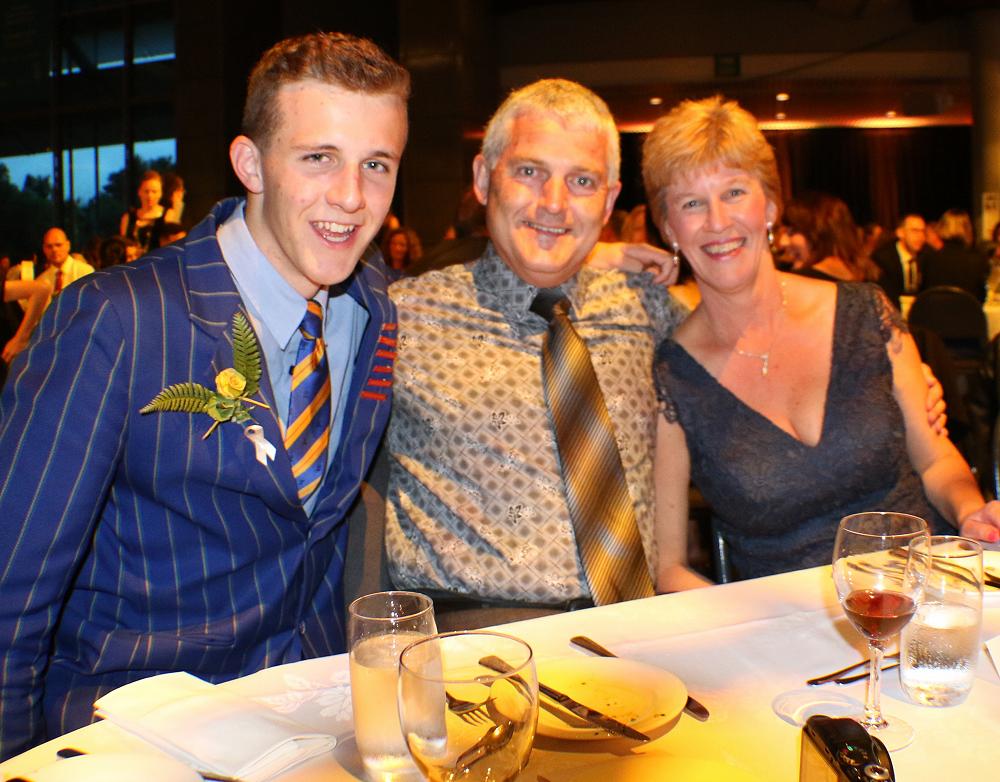
Enterprise in Action - takes Tim Marshall to Silicon Valley - USA
Start with a small budget and big dream, and eventually make it global by convincing others to follow that dream... what is it?
In the lovably freezing month of June 2016, I was fortunate enough to escape Christchurch for a weekend to participate in a Young Enterprise event in Auckland called Enterprise in Action. I was grouped with 7 other young entrepreneurs and over the weekend, made to compete in two 12 hour challenges in which we had to get a product to market under the conditions of each challenge. While both our products, a honey-derived sugar and a water-saving combine harvester, were relatively impossible, I was privileged to be nominated by my team to compete in an individual challenge, from which 6 lucky youths would be selected to travel to Silicon Valley.
Fast-forward 3 months to the 11th of September and I was sitting in the back of a 777 bound for North America with 5 other incredible teenagers, Nina Griffths, Zach Monk, Tom Goodin, Leah McGrath and Andrew Tang. Additionally, three of the funniest YES staff I ever met travelled with us.
The purpose of the trip was to gain an insight into the motives, mindsets and technologies that are the foundation of Silicon Valley. The area became notorious for its innovation in the later decades of the 20th century, after 2-man startups such as Apple skyrocketed into multinational industry-shakers. With more recent developments such as Google, Facebook, Tesla, Airbnb, Uber and others crowding this particular geographic area, we really wanted to discover what made the area tick.
Over the course of the week we visited Facebook, Tesla, Uber, Apple, Instagram, NASA, Singularity University, Microsoft, Stanford University, FedEx, Ideo and two Kiwi startups – Xero and Renaissance Leadership. The learning was immense and the experiences incredible. Despite all these visits we still managed to find time to cycle the Golden Gate bridge and get a free lunch on the Facebook campus.
From a practical perspective, some of the differences between a Silicon Valley mindset and a “normal” mindset were incredible. As I made my way from company to company I realised just how crazily hard everyone was working. A vice-president at Facebook noted that in fact Mark Zuckerberg was working more hours now he was successful than he did when he first founded Facebook. Ben, who founded Renaissance Leadership, explained that Larry Page left and then returned to the role of CEO and Google after finding the hired replacement simply wouldn’t work hard enough. The point being, success was not a reason to sit back and live on your riches, but instead was a reason to work harder and longer!
The other significant assumption that underlies all startups in the Valley is that no industry is safe. Uber set its sights on the taxi industry. Amazon all but obliterated bookstores in the US. Airbnb now has 450,000 users staying at other’s homes every night of the year rather than at motels/hotels. Singularity University students are creating a bio-meat that will, if costs follow predictions, drop from $40/kg to $5/kg in 5 years, potentially having severe implications for our agricultural industry in New Zealand.
And so when our flight out of San Francisco rolled down the taxiway, I discussed my thoughts with a completely random Taiwanese software engineer I was seated beside. That the startup culture in Silicon Valley was brutal, but supremely effective. That everywhere we look, there is technology either changing the world or waiting to change it. That us New Zealanders have so much to learn from our distant friends in north California. That as a small country we are perfect for founding startups, and seizing the opportunities of the 21st century. The aforementioned Taiwanese man soon fell asleep but this was beside the point.
I believe the talented New Zealanders we should look up to and follow are the ones exploring technology, the ones “getting amongst” the opportunities that arise from disruption. We must be careful to not become a mono-economy of agriculture, and encourage those who pursue alternative opportunities to do so with unstoppable determination. I consider myself incredibly fortunate to have had this encouragement, and I extend huge thanks to Young Enterprise for making it possible.
The one quote I will never forget is a Stanford post-grad student saying that the most successful startup of 2016 has to be ISIS; starting with a small budget and big dream, and eventually making it global by convincing others to follow that dream. I argue that if such passion and innovation can thrive in the Middle East as well as Silicon Valley, it can surely be achieved here in New Zealand too.
Tim Marshall
Gallery
